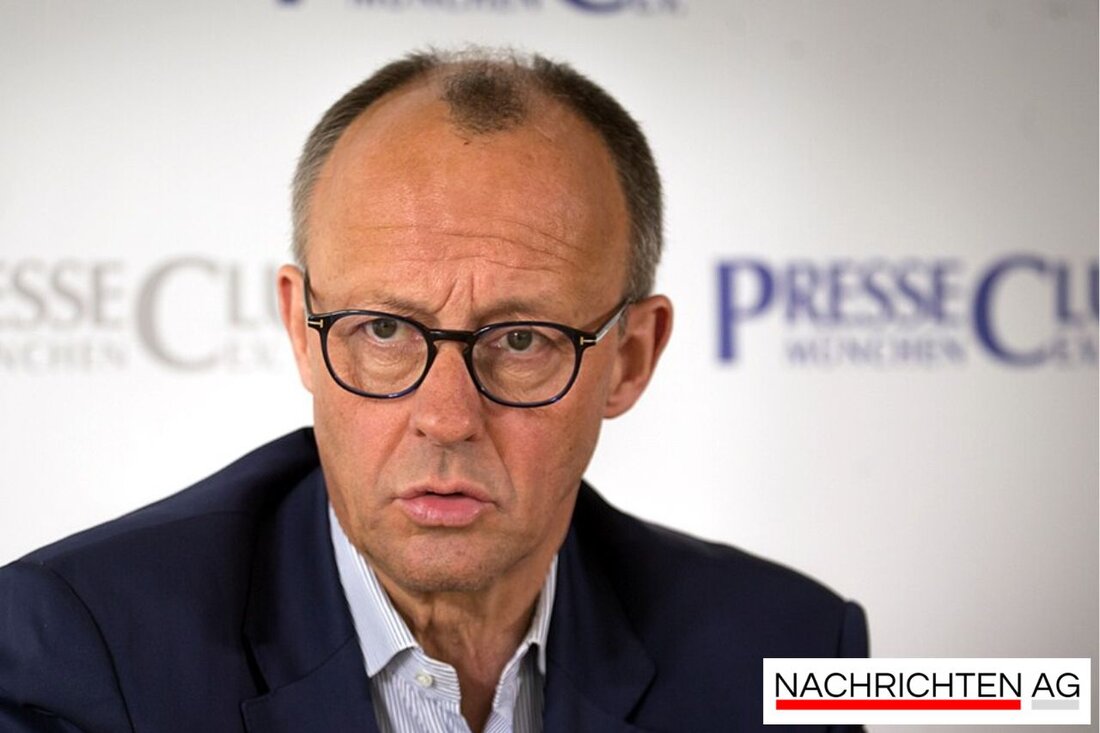Merz's cityscape statements: Debate about integration in Bayreuth has broken out!
Chancellor Merz discusses the cityscape and integration in Bayreuth. Critics warn of dangers, supporters demand clear rules.

Merz's cityscape statements: Debate about integration in Bayreuth has broken out!
In Bayreuth, a current debate about the cityscape is causing a stir after Chancellor Friedrich Merz pointed out in an interview that there was a “problem in the cityscape”. He sees the need for returns by the Federal Minister of the Interior and is thus responding to the growing discussion about the integration of migrants in Germany. Over 12,000 people with a migration history from more than 146 nations live in Bayreuth, which shapes the city's diversity, as the Bayreuther Tagblatt reports.
In contrast to Merz's statements, critics warn of the danger of such a link between perceived problems and applicable law, which could devalue certain social groups. The Bayreuth Integration Advisory Board made it clear in a statement that diversity is an indispensable part of the cityscape and the city's self-image. He calls for an objective debate and emphasizes that migration should not be seen as a problem, but as an enrichment. Urban development and cultural work must create structures that promote participation and participation.
Reactions and support for Merz
Merz's controversial statements have also found support, particularly from AfD politician Maximilian Maul. This speaks of people who do not integrate and do not share society's compass of values. He points out problem areas in the city center, especially around the central bus station (ZOH), where crime and insecurity have increased. Maul calls for a stronger police presence and clear enforcement of the law, but at the same time recognizes the successful integration among the Russian-Germans in Bayreuth.
Merz himself has defended himself regarding his controversial statements and emphasized that Germany accepts people from other countries and cultures, provided they are willing to integrate. He speaks of necessary changes in migration policy, such as stopping irregular migration into social security systems, while promoting regular migration for the labor market. These views met with resistance, including from the Federal Government's Integration Commissioner, Natalie Pawlik (SPD), who sees little solution-oriented potential in Merz's statements.
The challenges of integration
According to ZDF, the challenges of integrating refugees in Germany are diverse. Integration is described as an ongoing task that should not be neglected. Over 25,700 asylum applications were submitted in Bavaria in August 2024, but there are only around 1,000 counselors available. The financing of integration tasks is also inadequate and often dependent on the good will of the municipalities.
Reducing prejudices and fears is also a critical point. Two thirds of the refugees who have lived in Germany for more than five years speak German fluently. A study shows that many municipalities describe the situation as challenging but feasible. Nevertheless, there is a desire to limit immigration in order to improve integration, even if this could be legally problematic.
The discussion in Bayreuth therefore reflects a nationwide trend. Questions about migration and integration are present in people's everyday lives and will continue to cause heated debates. It remains exciting to see how the views of the various actors will develop over time.

 Suche
Suche
 Mein Konto
Mein Konto